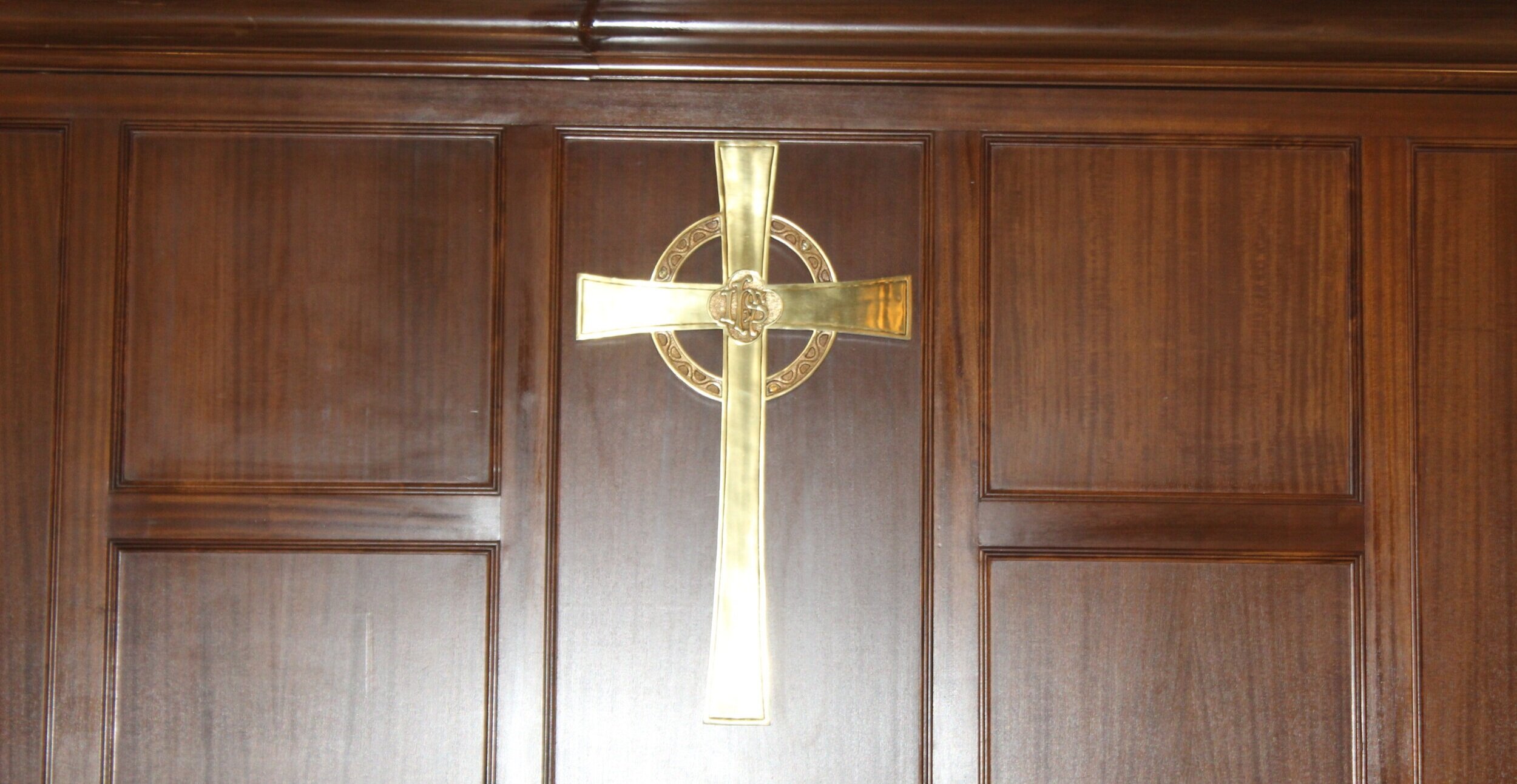
The Burial of the Dead
The Columbarium at Trinity Church
The liturgy for the dead is an Easter liturgy. It finds all meaning in the resurrection. Because Jesus was raised from the dead, we too, shall be raised.
The liturgy, therefore, is characterized by joy, in the certainty that "neither death, nor life, nor angels, nor principalities, nor things present, nor things to come, nor powers, nor height, nor depth, nor anything else
in all creation, will be able to separate us from the love of God in Christ Jesus our Lord."
This joy, however, does not make human grief unchristian. The very love we have for each other in Christ brings deep sorrow when we are parted by death. Jesus himself wept at the grave of his friend. So, while we rejoice that one we love has entered into the nearer presence of our Lord, we sorrow in sympathy with those who mourn.
— The Book of Common Prayer, p. 507
Funeral Arrangements at Trinity Church
“The minister of the congregation is directed to instruct the people, from time to time, about the duty of Christian parents to make prudent provision for the well-being of their families, and of all persons to make wills, while they are in health, arranging for the disposal of their temporal goods, not neglecting, if they are able, to leave bequests for religious and charitable uses.”
— The Book of Common Prayer, p. 445
Funeral arrangement forms are available in the narthex. Parishioners may wish to fill out a funeral arrangement form and have it kept on file in the parish office. The funeral rite for burial of a baptized Christian includes hymns, psalms, scripture readings, and prayers of your choice. The funeral arrangement form will enable your family and the parish clergy to understand your wishes and preferences. Funding for future ministry at Trinity Church will also be enabled, as the form includes notification of planned giving made through bequest in a will, life income gifts, life insurance, or life estate.
“Do not neglect to do good and to share what you have, for such sacrifices are pleasing to God.”
— Hebrews 13:16

